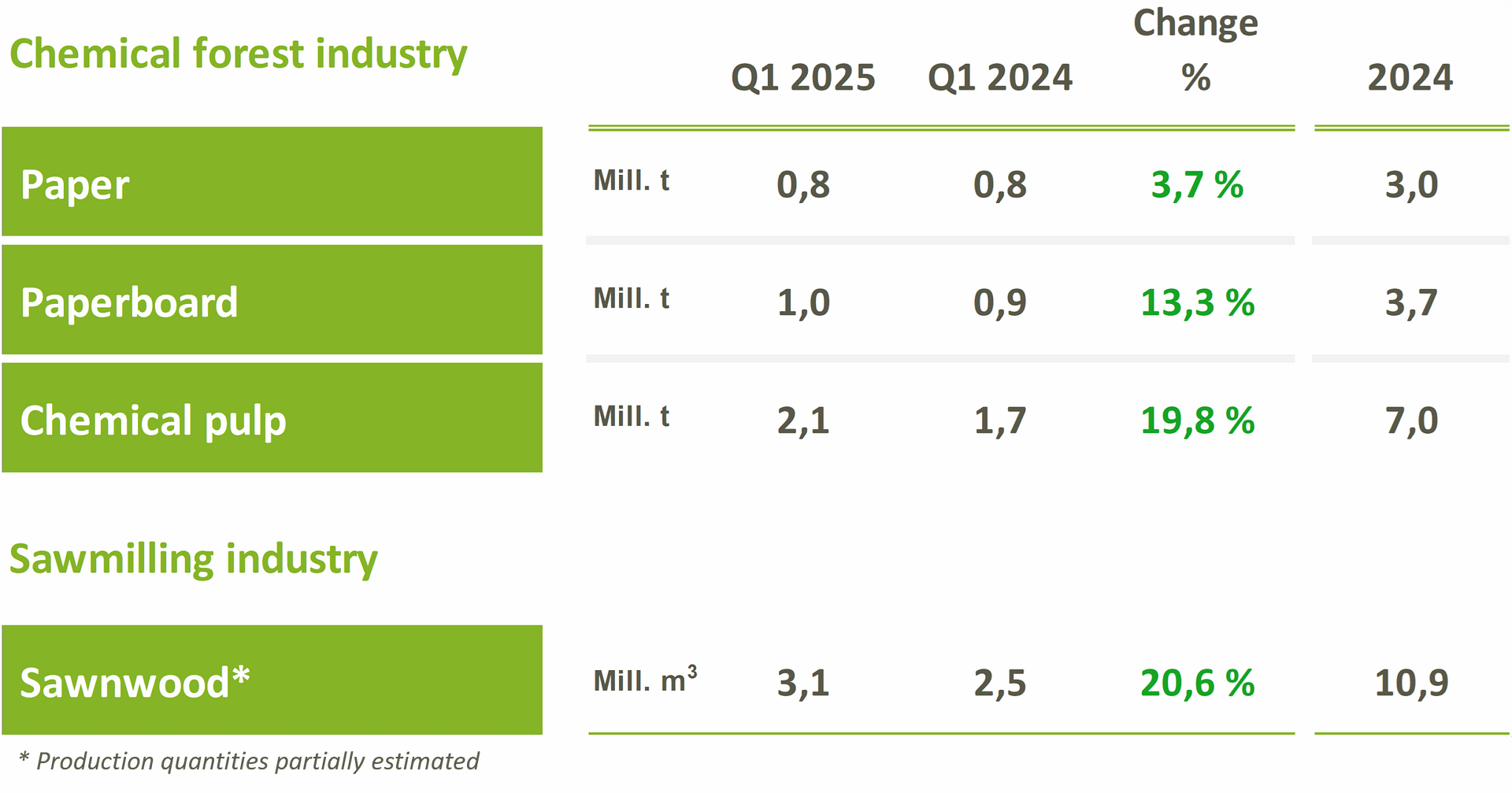Belgium’s goals and priorities for the upcoming presidency will have a significant impact on the near future of Europe. Fortunately, we foresee a trade policy emphasis favorable to the forest industry on the horizon.
In January, Belgium will once again take the leading role on the grand European stage in Brussels. The country’s presidency hits a critical turning point, which will carry the European Union into a new era through the parliamentary elections.
As the current presidency of Spain draws to a close, several initiatives profoundly impacting the forest industry remain active within the EU, spanning from trade policy to forest restoration and logistics. Belgium is set to release its finalized presidency program in these days, but the overarching outlines for the tenure lasting until the end of June have already been clearly defined.
During the first half of its presidency, Belgium aims to finalize as many legislative initiatives as possible from the current Commission before the parliament goes on hiatus in April. In the second half of the season, Belgium will focus its attention on the EU’s next strategic action plan, outlining the union’s steps for 2024–2029. Naturally, Belgium wants to leave its strong mark here. The country has listed six priorities for its presidency, out of which the forest industry is particularly affected by three topics that are related to trade and competitiveness.
The forest industry supports improving Europe’s competitiveness
The Finnish Forest Industries Federation wants to ensure that our industry reaches its full potential as a provider of the well-being of people and our planet. Therefore, it is positive that Belgium wants to focus the EU’s attention during its presidency precisely on industrial policy, strengthening the internal market and improving Europe’s competitiveness. The investments in the dual transition and research and innovation policy mentioned in the country’s presidency program support the opportunities of companies in forestry sector to promote bioeconomy and the market access of new products.
Both European competitiveness and the cost competitiveness of the forest industry are supported by strengthening European self-sufficiency and by reducing harmful dependencies. A crucial role is played by a seamlessly functioning EU internal market, climate policy based on bioeconomy, and active geopolitical startegy, which strengthens an open, rules-based and fair operating environment for international trade.
During the past year, the Finnish Forest Industries Federation has strengthened its EU advocacy by establishing a permanent office in Brussels. Advocacy efforts are in full swing to ensure that the priorities crafted jointly with member companies are taken into account for the upcoming commission’s term.






